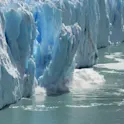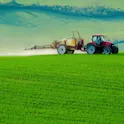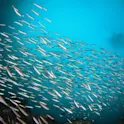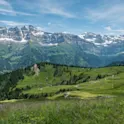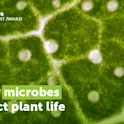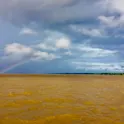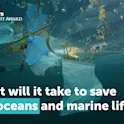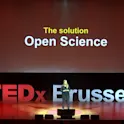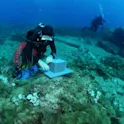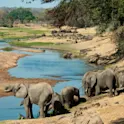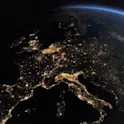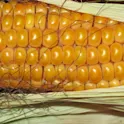Sustainability
15 Dec 2016
Corn yield modeling towards sustainable agriculture
Using crop models as a tool to assist nitrogen management decisions in corn as a win-win for the agronomy business and the environment — By Kate E. Larkin — With an innovative modeling approach, researchers set out to examine corn and soybean yields and optimal nitrogen (N) fertilizer rates. In their study, recently published in Frontiers in Plant Science, they uses a 16-year long-term dataset from central Iowa, USA, with a state-of-the-art simulator that modeled corn and soybean yields, improving predictions of optimal N fertilizer rates for corn. This has global relevance for food security and sustainable agricultural practices in light of future climate change scenarios. Corn, also known as maize, is one of the top three staple crops farmed globally with global production predicted to rise from 720.8 million tons in 2015 to 872.9 by 2030, according to the Food and Agriculture Organization. Corn also requires large nutrient supplements in the form of fertilizer due to its fast-growing, nitrogen hungry characteristics. And global demand is growing. “A huge challenge in agriculture is predicting the optimal N fertilizer rates which, if fine-tuned, can reduce N losses and increase profits”, explains Laila Puntel, a graduate student and research assistant […]
